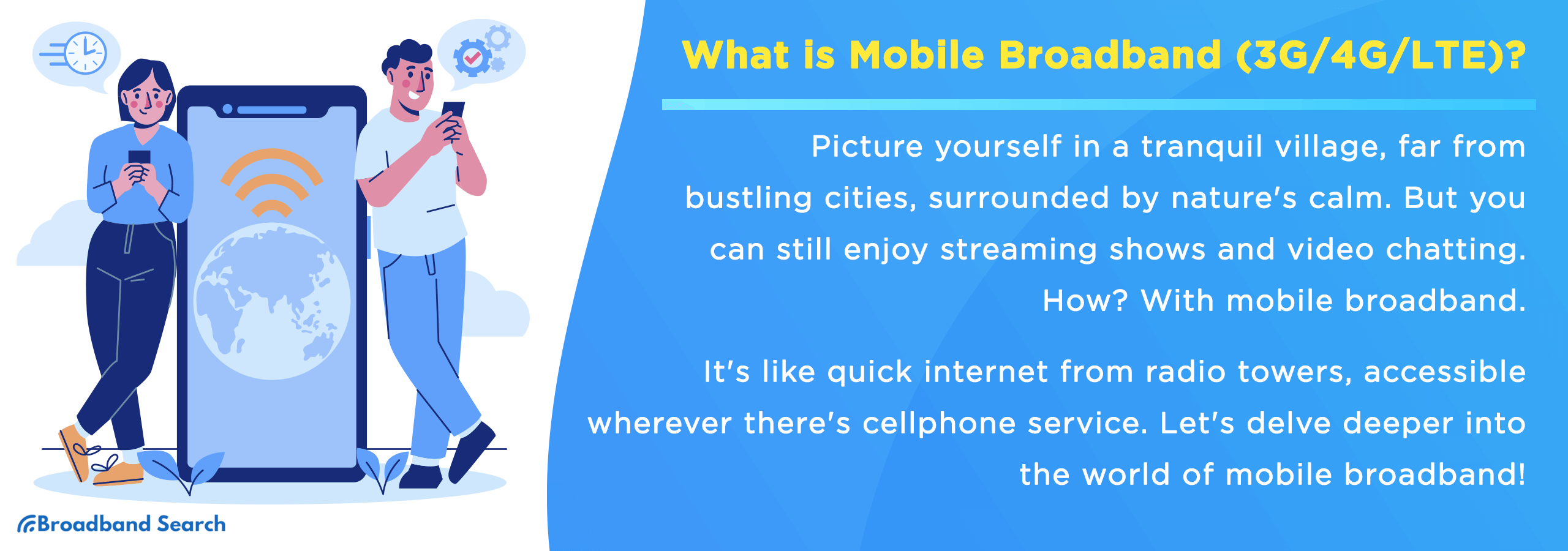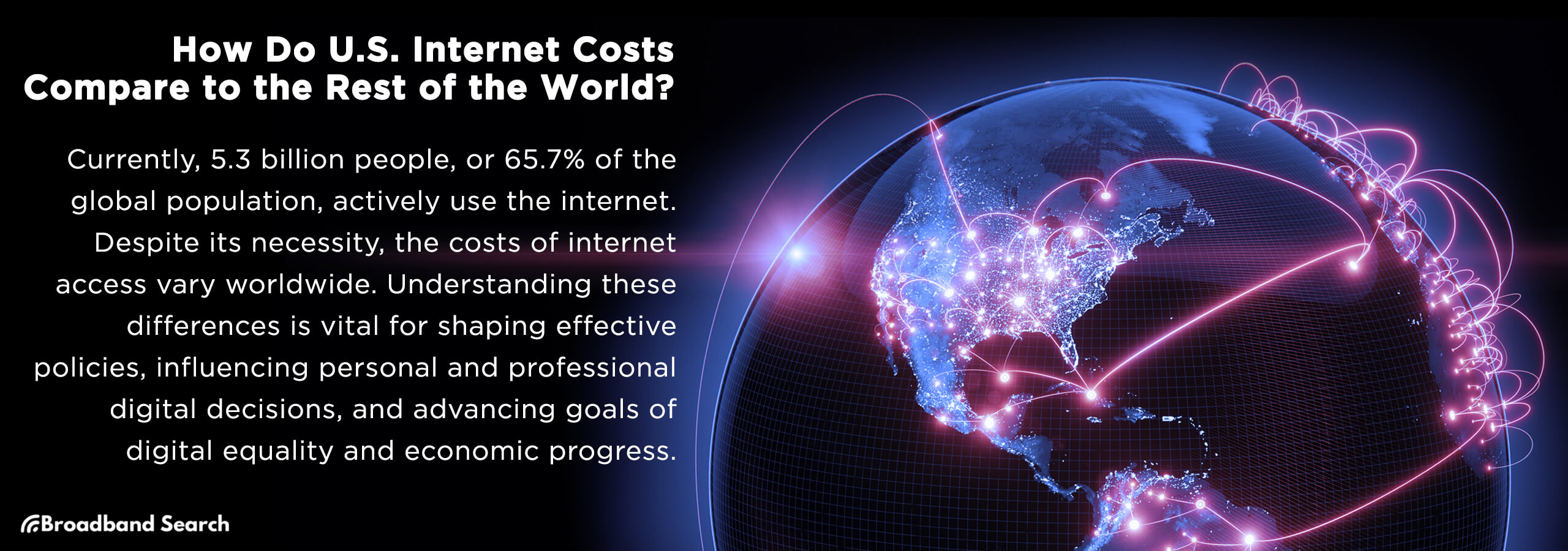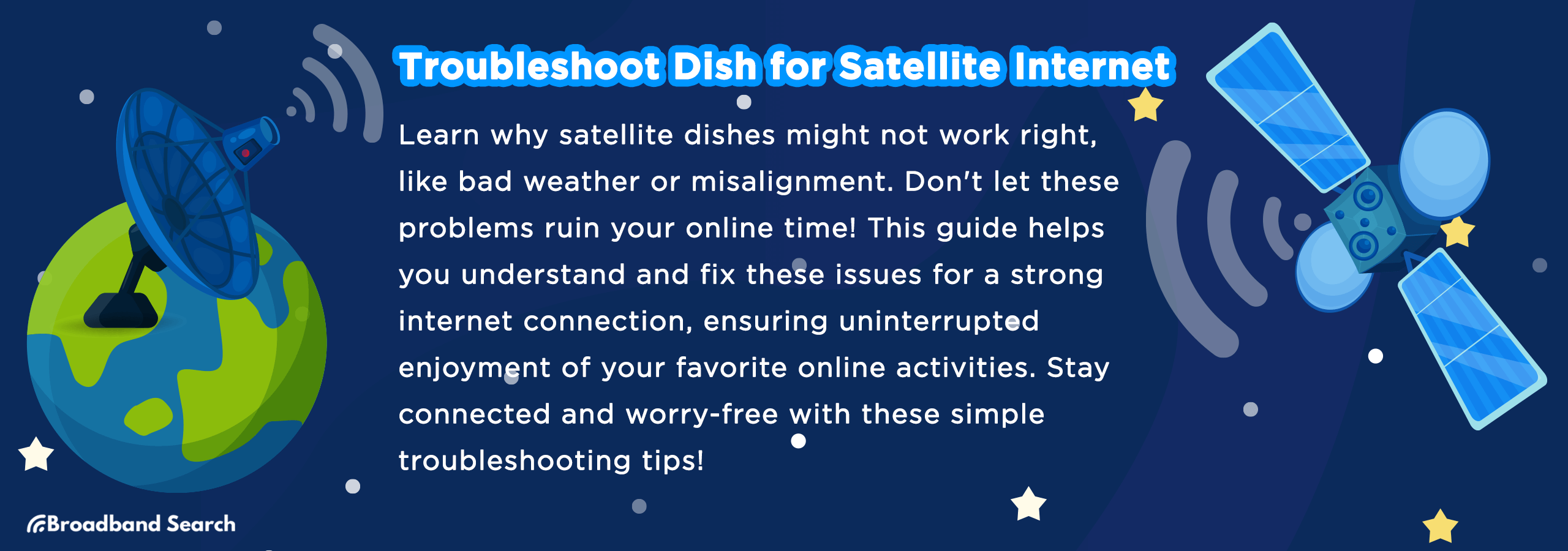Posted under: Blog
Curious about the components that make mobile broadband work? Dive into the infrastructure that powers your wireless internet.
Posted under: Blog
Gain insight into your ISP's busiest times and take control of your internet usage with our methods for identifying peak hours and avoiding slowdowns.
Posted under: Blog and Internet
Get ready to challenge your perceptions about internet costs as we provide a comprehensive look at the U.S. position in the worldwide web of pricing.
Posted under: Blog
From cloudy skies to misaligned antennas, understand the common culprits behind a malfunctioning Satellite Dish. Don't let technical glitches disrupt your online experience!
Posted under: Blog
Elevate your gaming experience with a meticulously optimized internet setup. Discover tips and tricks to minimize latency and maximize bandwidth for uninterrupted gameplay.
Posted under: Blog
Elevate your Ziply Fiber Internet experience. Learn the essentials of modem selection, find out what equipment you need, and find compatible routers, including the powerful Ziply Fiber WiFi 6 Router.
Posted under: Blog
Posted under: Blog
When your home internet struggles with everyday tasks, it’s time to evaluate whether an upgrade is needed. Understand how to assess your current plan and choose the right upgrade.
Posted under: Blog
Don't let data cap anxiety get the best of you - arm yourself with our proactive strategies for staying within your limit and avoiding unexpected overage charges.
Posted under: Blog
Blog Categories |
|---|
| 246Blog |
| 61Internet |
| 8Resources |
| 8Social Media |
| 6Safety |
| 6Television |
| 5Facebook |
| 4Google |
| 4Xfinity |
| 4Youtube |
| 3Cyber Bullying |
| 3DSL |
| 3Netflix |
| 2Amazon Video |
| 2AT&T |

Mobile broadband (3G/4G/LTE): A guide to its components, operational dynamics, and upcoming trends.
Posted under: Blog
Identify ISP peak times: Methods to understand traffic patterns and maximize benefits of off-peak usage.
Posted under: Blog

Comparing U.S. internet costs: A global perspective on pricing, speed, quality, and regulatory factors.

Effective satellite dish troubleshooting: Understanding the system, diagnosing issues, and maintenance advice.
Posted under: Blog
Set up an internet optimized for gaming. Learn the basics, choose the perfect ISP, and optimize both home and advanced network settings.
Posted under: Blog